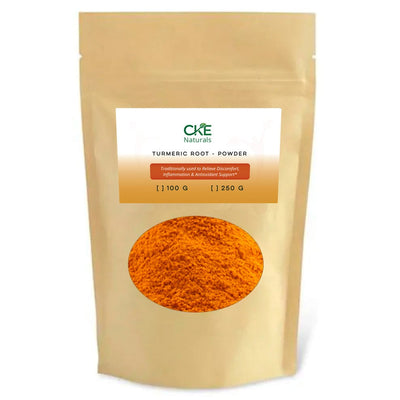Plant-based Protein Powder: Plant Sources Can Fulfill Nutritional Needs
The concept of Plant-Based Protein Powder stands as a pivotal nutritional movement, gaining unprecedented momentum in recent times. This movement comes in response to mounting concerns about health, ethics, and environmental impact, necessitating a thorough understanding of how to meet complex nutritional needs within a plant-based framework.
This comprehensive exploration delves into the diverse realm of plant based protein sources and their remarkable capacity to holistically address intricate human dietary requirements.
By dispelling common myths and providing practical dietary strategies, this discourse aspires to empower individuals with the comprehensive knowledge necessary to not only thrive but excel within a plant-centric lifestyle.
The Rise of Plant-Based Diets
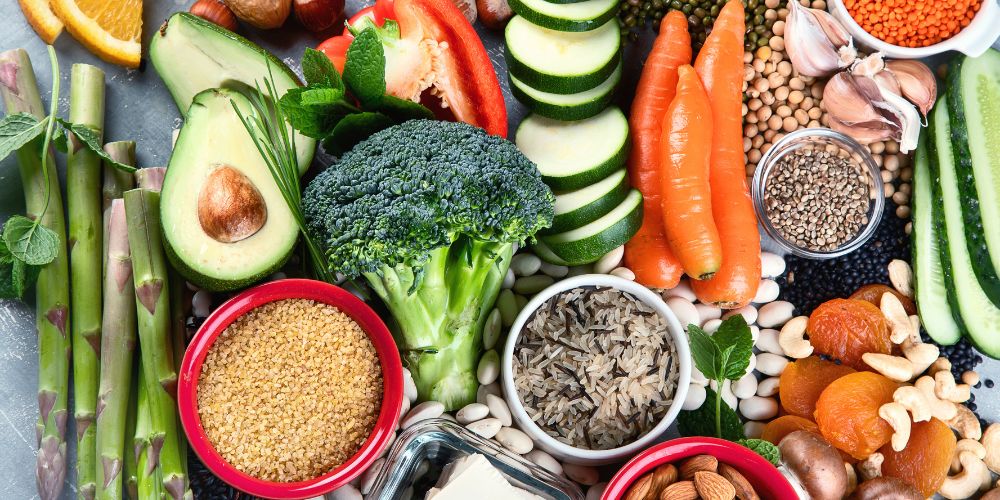
The contemporary shift towards plant-based diets is emblematic of a seismic transformation transcending mere dietary trends. With a heightened global awareness of the staggering environmental toll of animal agriculture and the potential health benefits of plant-focused eating, society's perception of nutrition is undergoing a profound metamorphosis.
This paradigm shift is not limited to personal dietary choices; it encompasses a broader and more conscientious ethos that reverberates with echoes of sustainability and ethical consumption.
Within this context, individuals are not merely altering their eating habits but embracing a conscious and holistic lifestyle that prioritizes consuming whole, plant-derived foods. The once marginalized realm of plant protein sources has emerged as a potent and native solution, addressing both personal health and the preservation of the planet.
As society's collective consciousness awakens to the intrinsic bond between individual well-being and the well-being of the environment, plant-based diets fortified with native plant sources have gained unprecedented momentum. This movement signifies a departure from the dietary norms of the past, ushering in an era where plant protein sources take center stage, harmonizing the nourishment of the self with the sustenance of the planet.
Understanding Protein and Nutritional Needs

Protein, an indispensable macronutrient, is the fundamental cornerstone for many intricate physiological processes within the human body. It has various functions, including muscle development, immune system support, and hormone regulation.
To unravel the full potential of health optimization, it becomes imperative to acknowledge the significance of protein and navigate the intricacies of individual protein requisites within the broader context of overall nutritional needs. The diversity of human life begets diverse nutritional demands, necessitating a holistic approach to protein consumption.
Contrary to common misconceptions that protein supremacy is held solely by animal sources, plant-based diets emerge as an eminently viable avenue for meeting these requirements.
Plant based protein source offer a treasure trove of nutrient-rich alternatives, defying the notion that substantial protein intake hinges solely on animal-derived products. These plant-based sources encompass an array of legumes, nuts, seeds, whole grains, and even certain vegetables.
Plant based sources of protein diets are enriched with a broad spectrum of essential amino acids that cater to the intricacies of human dietary needs. Among the best sources of plant protein, legumes and pulses like lentils, chickpeas, and black beans stand tall. These powerhouses boast robust protein content and are laden with dietary fiber that aids digestion and satiety.
Nuts and seeds, celebrated for their protein potency, add an extra dimension with healthy fats from plant sources that nurture cardiovascular health. Whole grains like quinoa and brown rice step onto the stage, coupling protein content with complex carbohydrates that deliver sustained energy release.
Tapping into the prowess of the best sources of plant protein isn't limited to terrestrial options. The aquatic realm boasts plant proteins, too, with algae and seaweed showcasing exceptional protein profiles. This array of options allows for creative culinary exploration and the crafting of diverse, nutrient-dense meals.
Plant-Based Protein Sources
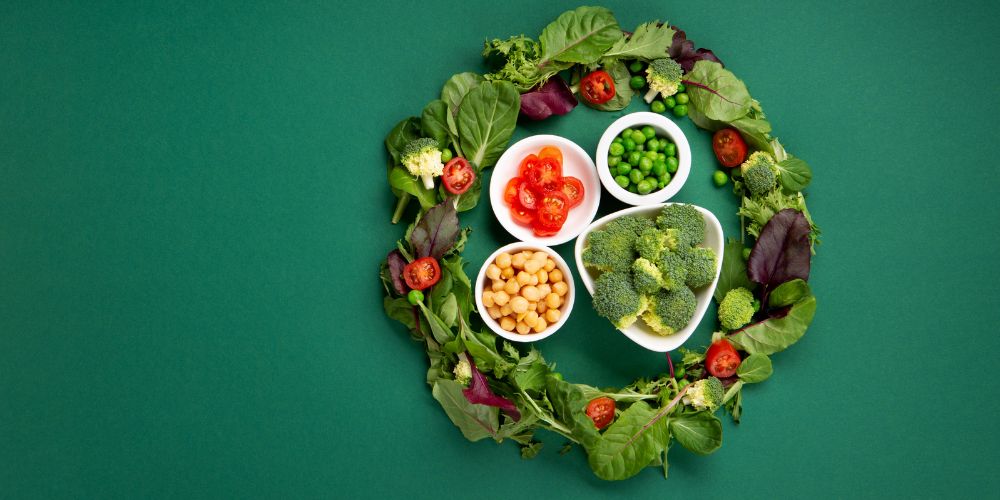
Venturing into plant sources of protein reveals an expansive array of options that stretch far beyond the confines of conventional animal-derived products. This journey through the botanical world introduces us to a cornucopia of nutrient-rich alternatives, each with unique attributes contributing to protein intake and overall health and wellness.
Legumes and Pulses: Among these alternatives, legumes and pulses stand tall, embodying nutritional powerhouses encompassing beans, lentils, and chickpeas. Their claim to fame lies in their impressive protein profiles, essential amino acids, and the dietary fiber they bring to the table. This fiber content supports digestion and promotes a feeling of fullness after meals, contributing to satiety. They are great plant sourced protein options.
Nuts and Seeds: The botanical landscape includes another treasure trove: nuts and seeds. These small yet mighty entities offer a potent combination of protein, healthy fats, and essential minerals. While contributing to protein intake, they also supply heart-healthy fats from plant sources that support cardiovascular health. Additionally, essential minerals like magnesium, zinc, and iron enhance their nutritional value.
Whole Grains: The nutritional saga continues with whole grains, exemplified by quinoa and farro. These grains bring a dual benefit to the table, offering protein and a sustained energy release. This is attributed to their complex carbohydrate content, which ensures energy is released gradually, preventing sudden spikes and crashes in blood sugar levels.
Soy Products: The spotlight shifts to soy products, a cornerstone of many plant-based diets. Soy, in forms such as tofu and tempeh, not only provides a complete protein source but also comes with added health perks. Phytonutrients in soy offer potential benefits, including antioxidant properties and hormonal balance support. They are the best sources of plant protein.
Seitan and Tempeh: For individuals with soy sensitivities or seeking dietary variety, alternatives like seitan and tempeh step onto the stage. Seitan, derived from wheat gluten, provides a high-protein option with a meaty texture, making it a versatile ingredient. Tempeh, conversely, is rich in protein and boasts probiotic qualities that support gut health. They are also great plant based iron sources.
The Advantages of Plant-Based Protein
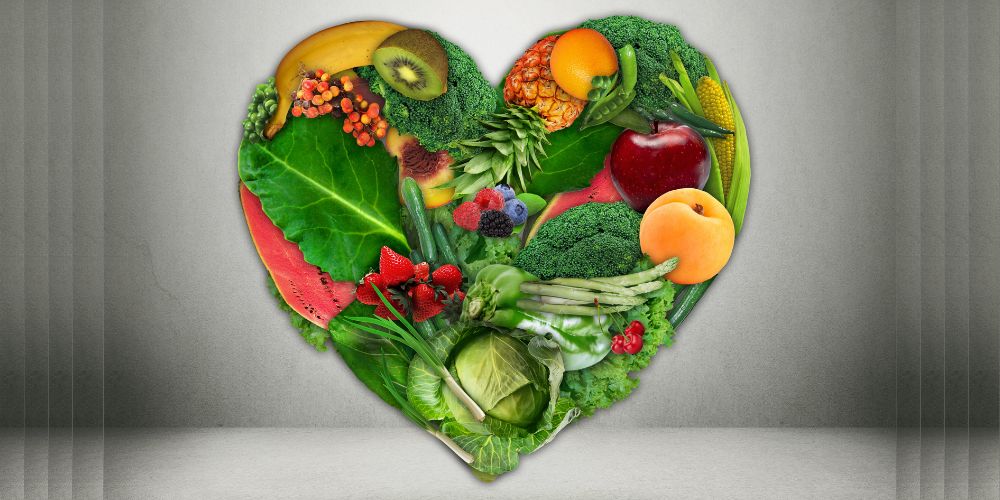
The decision to embrace plant-based protein sources offers a host of advantages beyond just meeting protein requirements:
Nutrient Diversity: Plant foods come replete with a natural diversity of nutrients. This translates to a well-rounded intake of essential vitamins, minerals, and antioxidants, contributing to overall health and vitality.
Heart Health: Opting for plant-based protein sources can substantially reduce the intake of saturated fat and cholesterol—common companions of animal-based protein. This reduction is pivotal in supporting cardiovascular health and reducing heart disease risk.
Fiber Boost: Plant-based foods are inherently rich in dietary fiber, offering many benefits. Not only does fiber support digestive health by promoting regularity, but it also imparts a sense of fullness and satisfaction after meals. This can aid in weight management and healthy eating habits. It might also aid cognitive support.
Environmental Sustainability: Choosing plant-based protein sources aligns with sustainability goals. Plant agriculture generally carries a smaller ecological footprint compared to animal agriculture. Reduced greenhouse gas emissions, minimized water usage, and decreased land degradation are among the positive environmental impacts of plant-centric diets.
The amalgamation of these advantages creates a compelling case for adopting plant-based protein sources. It extends beyond individual well-being, delving into ecological harmony and responsible consumption.
By embracing the bounty of plant-derived nutrients, individuals not only fortify their health but also actively contribute to the betterment of the planet, nurturing a more harmonious relationship with nature and the nourishment it provides. It also helps you with a flexitarian Diet.
Crafting a Balanced Plant-Based Diet
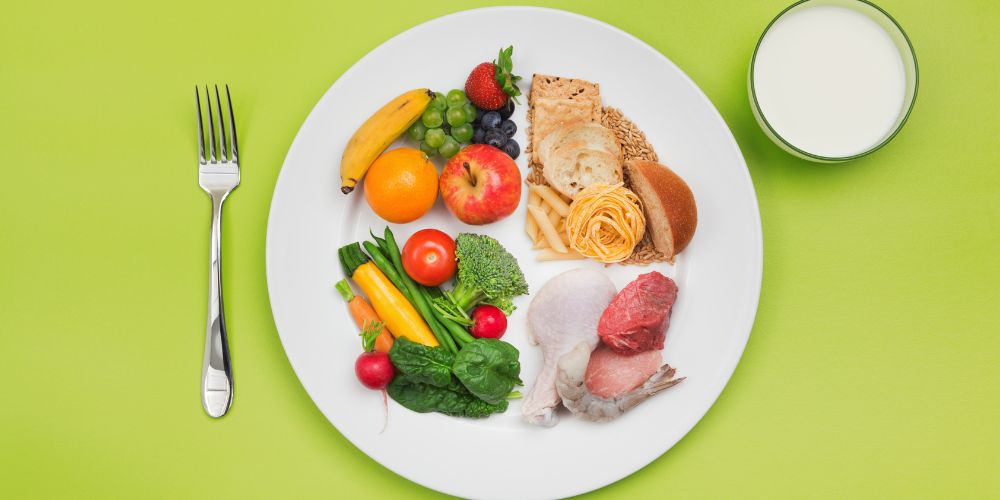
Transitioning to a balanced diet involves more than substituting animal products with plant alternatives. It requires strategic planning to ensure adequate nutrient intake. Protein complementation is a key strategy wherein different plant sources are combined to create complete protein profiles, ensuring the inclusion of all essential amino acids.
Besides protein, essential nutrients like iron, calcium, omega-3 fatty acids, and vitamin B12 need special attention in a plant-based diet. Careful meal planning that incorporates a variety of plant foods is crucial for achieving optimal nutrient balance and overall health.
Addressing Concerns and Myths
Dispelling myths surrounding plant-based diets is essential for informed decision-making. A common concern is whether plant-based diets can provide sufficient protein. However, by incorporating a diverse array of plant proteins, meeting daily protein needs is feasible.
Addressing potential deficiencies in nutrients like vitamin B12 and vitamin D through fortified foods or supplements is essential for maintaining long-term health on a plant-based diet. While some plant foods contain anti-nutrients that can interfere with nutrient absorption, these concerns can be mitigated through proper preparation techniques, such as soaking and cooking.
Plant-Based Protein for Athletes and Active Lifestyles

The notion that plant-based diets may not provide adequate protein for athletes and those with active lifestyles is being debunked by recent research. Plant-based protein sources can be tailored to meet the nutritional demands of physical activity.
By strategically planning meals to include a variety of protein sources and ensuring sufficient overall caloric intake, individuals can successfully support their exercise routines and recovery through plant-based nutrition.
Children, Pregnancy, and Plant-Based Nutrition

Plant-based diets can be appropriate for children and pregnant individuals when well-planned to meet increased nutritional needs. Proper attention to essential nutrients like protein, iron, calcium, and vitamin B12 is crucial during these life stages to ensure optimal growth, development, and overall health.
Consulting with healthcare professionals and registered dietitians can provide valuable guidance on meeting these requirements while adhering to a plant-based dietary pattern.
FAQs:
Conclusion:
The potential of plant-based protein sources to fulfil nutritional needs is not only viable but also exciting. The Plant-Based Protein Powder movement offers a pathway to enhanced health, ethical food choices, and a more harmonious relationship with the planet. Armed with insights into protein sources, dietary planning strategies, and ways to address concerns, individuals can confidently embark on a plant-centric journey that nurtures both body and conscience.
As the world increasingly recognizes the manifold benefits of embracing plant-based protein, the future promises a healthier, more sustainable, and compassionate way of nourishing ourselves and the planet. Whether you want to incorporate a plant-based diet into your routine or buy organic digestive health products, CKE Naturals is the store you can buy it all from. Have a happier and healthier future!


